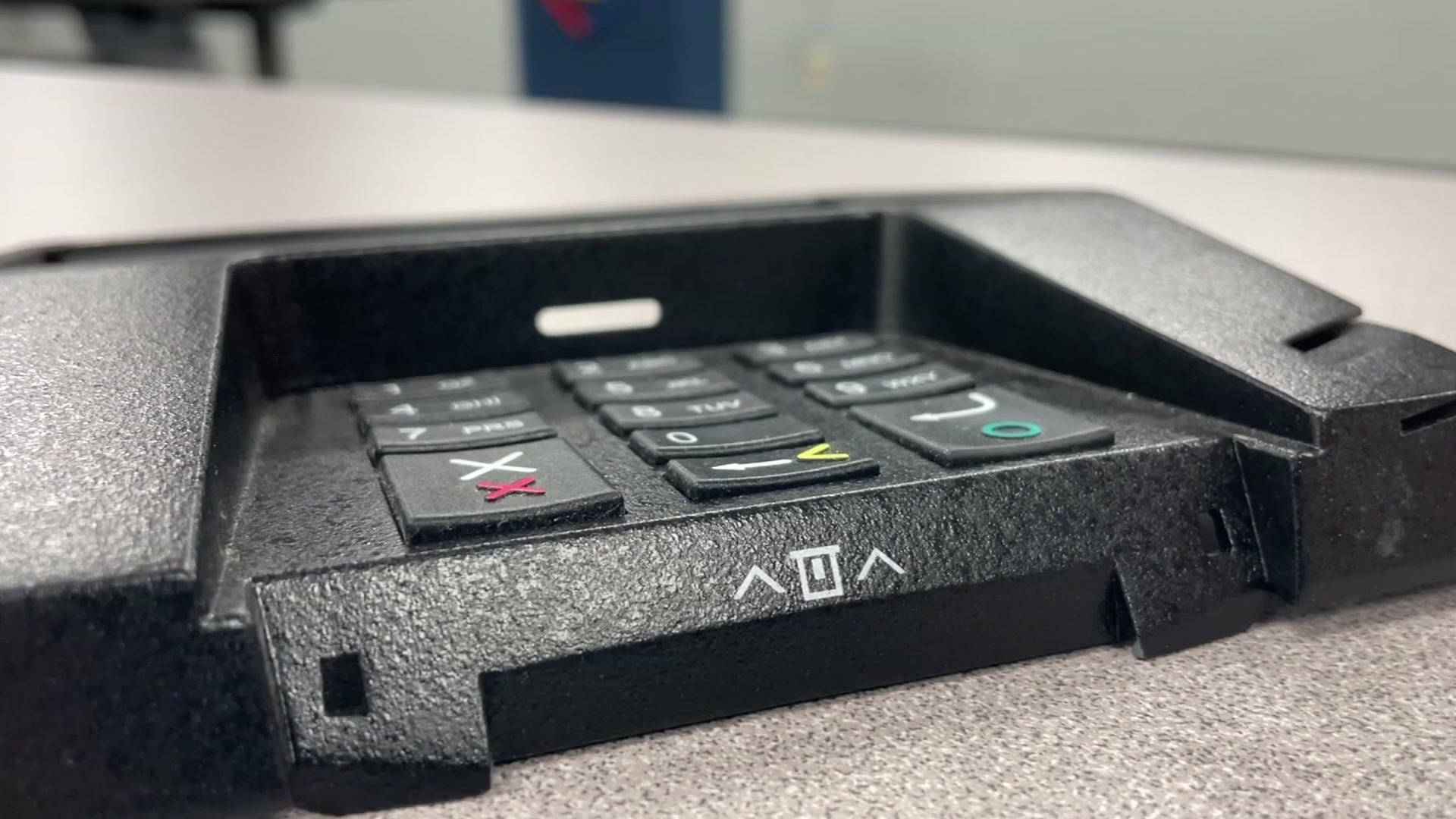School districts across Texas received grades on Wednesday under a new rating system that has public school officials grumbling.
The Texas Education Agency labeled school districts A-F, based on how schools performed in the 2017-18 school year.
Under Texas House Bill 22, the commissioner of education is required to evaluate the performance of districts and campuses, as well as assign letter grade ratings.
A to F : School Report Cards Have Been Released
See how various North Texas school districts stack up in our map below or go here to search for a specific campus or charter school.
Legend:
• A - Exemplary Performance
• B - Recognized Performance
• C - Acceptable Performance
• D - Needs Improvement
• F - Unacceptable Performance.
Source: Texas Education Agency
The new system grades schools on student achievement, school progress and overall school climate. School climate can include teacher retention and graduation rates. Standardized tests, student post school preparation and graduation rates are weighted.
Under the umbrella of “closing the gaps,” districts are evaluated on how well student groups perform among each other. Fourteen student groups were evaluated, which included race, special education, continuously enrolled and mobile, English leaners and economically disadvantaged.
Local
The latest news from around North Texas.
The Dallas Independent School District received a B rating, scoring 81 out of 100. It's a major improvement for a district that's seen longterm struggles.
"I think the state has done a better job of giving us credit for moving the needle with high poverty students, because that is basically all that we have, and so you get a little bit of extra credit for taking students in poverty and moving them and that is what our principals and teachers have done," said DISD Superintendent Michael Hinojosa.
Just south of Dallas, DeSoto ISD got a D grade.
"While we understand as a district we are not were we want to be, but we are wll on a path to where we need to be," said DeSoto ISD spokeswoman Tiffanie Blackmon-Jones. "We've made a lot of changes in recent months.
DeSoto ISD has been searching for new leadership since the previous superintendent, Dr. David Harris, was relieved of duties amid concerns about performance. In January, the well-liked and winning head football coach resigned after allegations of changing student grades and recruiting violations.
"I think they should focus more on education," said parent Chaquoia Sims. "Especially if they got a D."
DeSoto Mayor Curtistene Smith McCowan told NBC 5 by phone, "It's disappointing to hear that the grade was D," said the Mayor. "But I'm encouraged by the changes being made." McCowan said the city is committed to helping the district.
Fort Worth received a 75 out of 100 C grade, the lowest of the top ten largest districts in North Texas. But Superintendent Kent Scribner says that does not tell the whole story.
"Fort Worth saw, among the top two districts in Texas, saw the highest levels of academic improvement in the state," Dr. Scribner said. "We're very, very excited about the trajectory that our district is on."
In one key benchmark, the number of Fort Worth 3rd graders who passed the STAAR reading test increased by eight percent. That's after the mayor's office and school district launched the new "Read Fort Worth" initiative.
"It is truly the critical background for everything you do in the city, is education," Mayor Price said.
It can make the difference on where families or companies choose to move, and critics argue something that important can't be summed up in one letter.
"This A to F system is an overly simplistic grading system for a very complicated education system," said Kristi Hassett, a board member of the parent group Texans Advocating for Meaningful Student Assessment.
The group opposes having too much emphasis on State of Texas Assessments of Academic Readiness (STAAR) testing, and sees the new state accountability ratings as doubling down on that system.
"It's gonna exacerbate some of the focus on testing that we already have in our schools because you're going to have districts and schools that want a high letter grade," Hassett said. "Children are complex, education is complex and as a parent, if I just got one letter grade for my child, I would be very unhappy."
Public school officials have also complained that the A-F system enacted in 2015 relies heavily on student performance on the STAAR test, not on broader performance metrics.
Campuses won't be graded A-F until 2019 after state lawmakers postponed implementation last year under pressure from school boards and superintendents. For now, campuses will be graded numerically on a 0-100 scale. Scores for school campuses will be released on Wednesday, but not converted to a letter grade until next year, according to The Dallas Morning News.
According to the Texas Association of School Administrators, 600 school boards opposed the new accountability system. Some administrators believe the A-F grades are an incomplete picture of a school’s overall success, and by focusing heavily on test scores the true strengths and weaknesses of a campus are out of focus.



